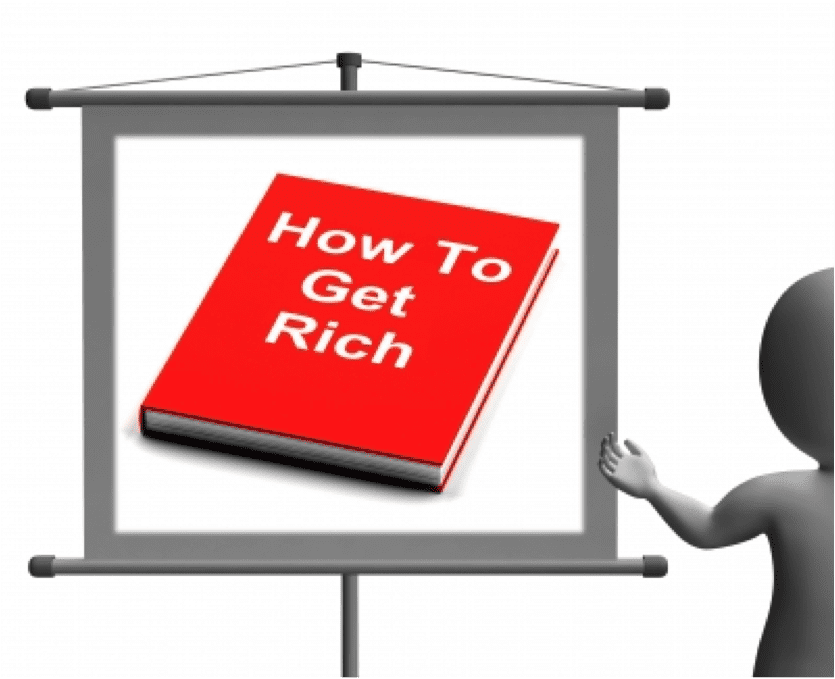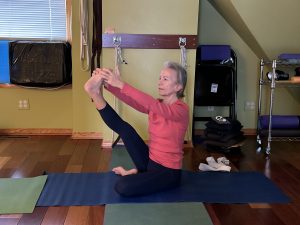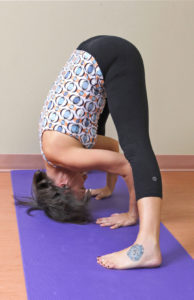The head provides knowledge, but the heart offers wisdom.
Consider this — there is a positive correlation between suffering and resistance. The more you resist, the more you suffer. The research is in. The more you accept what emerges in your life and adapt to it, the happier you will be.
When our heart and head can agree on something, we have landed on a fundamental truth. So, by simply reducing or eliminating resistance, we can reduce our suffering. Simple, but not easy.
Humans are unique, complex beings who express resistance in multiple disguises. Nonetheless, the result emerges in one or another form of addiction, particularly if the resistance is a patterned response across many years of behaviour. Addictions are a major health issue that reflect a comment I often hear from healthcare workers — “We are living in an addictive society.” From my perspective, the comment indicates that as a society we are choosing to distract ourselves from taking responsibility for our personal growth and well-being.
The most visible and common forms of resistance that blossom into addictions are over-eating, drug and alcohol abuse, sex and gambling. However, I also see people addictively committed to the following — the pursuit of wealth, spirituality and binge working. What is important to remember is that any strength practiced to its extreme or to the exclusion of a balanced lifestyle results in an addiction. When we overuse or become addicted to what now is a dysfunctional behaviour, we are in deep resistance and using the addiction to divert our attention from painful feelings and an emptiness inside.
Sam Polk, former hedge fund trader, wrote an op ed in the The New York Times in which he stated,
In my last year on Wall Street my bonus was $3.6 million — and I was angry
because it wasn’t big enough. I was 30 years old, had no children to raise, no
debts to pay, no philanthropic goal in mind. I wanted more money for exactly
the same reason an alcoholic needs another drink: I was addicted.
David Geller, author of Wealth & Happiness: Using Your Wealth to Create a Better Life, suggests wealth addicts are prone to the following symptoms:
- You are in the top 1% of earners in the country, but feel like you are underpaid because your friend is earning more.
- You measure your year in financial terms with thoughts like, “I had a good year. I earned $500,000.”
- You feel like you are falling behind because your friends or colleagues are driving nicer cars, taking nicer vacations, or sending their kids to more expensive schools.
- You spend far more time thinking about how much money you have and how much you earn rather than thinking about how to build better relationships, how to have more engaging activities, and how to make a difference in the lives of others.
As many of us know who succumbed to the irrational pursuit of wealth, money did not fill the inner void we were experiencing. We can generalize that finding to any and all addictions. Employees working in excess of 8 hours per day and 60+ hours per week show increased signs of heart disease and psychological stress — the leading causes of employees’ medical problems. ?Other correlated health problems include over-eating, binge drinking (caffeinated and alcoholic beverages) and lack of exercise, which typically lead to exhaustion and depression.
The same conclusions can be drawn for those with an addiction to spiritual highs that can occur when one seeks pleasant, wonderful and uplifting experiences merely for their potency but misses their underlying truths — one truth being that highs are followed by lows and vice versa, and balance is Mother Nature’s way.
So, if binging on money, work and spirituality do not fill our inner emptiness, what does? What is the source of inner emptiness that causes us to resist what shows up in our lives and to develop addictions that distract and delude us? Again, the answer is simple, but not easy — our lack of self-love, our inability to love who we are.
To become masters of love, we have to practice love.
Any form of mastery is about action. When you feel yourself resisting an experience emerging in your life or bingeing on something to distract you, ask yourself this question — “What would love do in this situation?” Create an act of self-love to break the unserving resistance and/or the irrational addiction.
Below, a poem from my soon-to-be-published second book of poetry, Of Bone and Stone, captures this sentiment.
Seize the Lie
Why learn to fear love?
Why fear the essence of creation?
Why fear my essence?
This fear is a lie for uncovering, a lie
I don’t remember hearing spoken aloud.
Too many lies cover the essence of existence,
the building block of creation.
Seize the lie to cease to lie.
Today, I feel the truth rising.
I feel love filling every fiber.
I feel its freedom leveling the mountains of fear
into meadows of Edens, and I am reminded,
lead with love, no matter what.
April 2013
For more to read on transforming fear into joy and choosing love, no matter what, click here.





